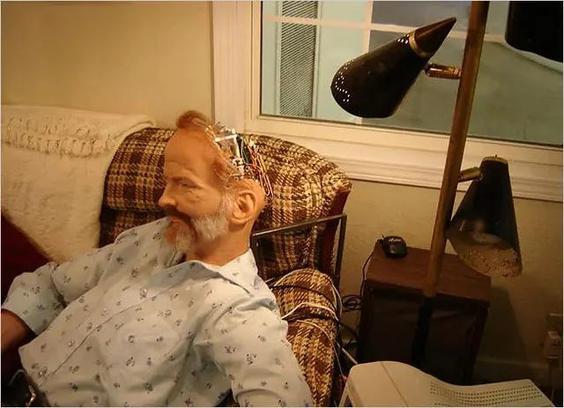2025-12-08 06:00:12
Un an après la chute de Bachar Al-Assad, plusieurs anciens détenus témoignent de l’enfer concentrationnaire syrien
https://www.lem…
2025-12-08 17:40:03
En noticias futbolísticas que importan: Deportes Concepción vuelve a primera división de Chile después de vencer a Cobreloa en la final de la liguilla ppr el ascenso.
https://chile.as.com/futbol/concepcion
2026-01-08 15:50:05
Perché la maggior parte dei siti web non ha effettivamente bisogno dei banner di consenso ai #cookie
La maggior parte dei siti web delle piccole imprese non ha effettivamente bisogno di quei fastidiosi banner di consenso ai cookie che interrompono l'esperienza dell'utente. Il vero colpevole non sono le leggi sulla privacy, ma gli strumenti di tracciamento pesantemente sorvegliati…
2026-01-08 16:42:52
Au Niger, comment le stock d’uranium convoité par la Russie s’est retrouvé dans une impasse
https://www.lemonde.fr/afrique/article/2026/01/08/au-niger-comment-le-stock-d-uranium-conv…
2025-11-09 13:21:45
Podcast : Une enfance sous emprise
Dans cet épisode, Ricardo et Sophie racontent leurs vécus et échangent des souvenirs sur la réalité d'une enfance endoctrinée au sein d'une "communauté bouddhiste" cachant de véritables monstres.
https://chardonsbleus.org/podcast-une-
2025-12-09 09:31:23
Est-ce que le message est assez clair lŠ ?
Que le public dépende du privé pour la discussion publique finit systématiquement par pencher du côté des intérêts privés.
"Après une amende de 120 millions d'euros pour violation de la DSA, X coupe l'accès publicitaire de la Commission européenne : un précédent lourd de conséquences pour les infrastructures numériques publiques"
2026-02-08 15:25:14
Last minute decision to go to philharmonic last night for Shostakovich. Was delighted with Miguel del Águila’s “Concierto en Tango” for cello (commissioned by BPO in 2014).
History: https://interlude.hk/the-less-classical-cello-concerto-miguel-de…
2025-12-08 10:00:05
"chatbots over-rely on this kind of sensory-immaterial conjunction because[IT] impresses people passing superficially over a text--exactly the kind of fake-deep crowd-pleaser for which L.L.M. output is being fine-tuned."
(Original title: Will A.I. writing ever be good?)
https://maxread.substa…
2025-11-09 15:59:51
Do the Bengals play today? Cincinnati on bye week along with Chiefs, Cowboys and Titans https://www.cincinnati.com/story/sports/nfl/bengals/2025/11/09/do-bengals-play-today-nfl-week-10-byes-for-chiefs-cowb…
2026-02-09 02:35:31
Amazon agreed to pay a $25 million civil penalty
as part of a settlement with the Justice Department and the FTC
to resolve allegations the ecommerce giant’s Alexa voice assistant
violated a U.S. children’s privacy law, the DOJ announced.
Under the terms of the settlement, Amazon also is required to change its practices relating to the alleged violations and inform consumers of its practices.
According to a complaint filed in May by the DOJ on behalf of the FTC,…





